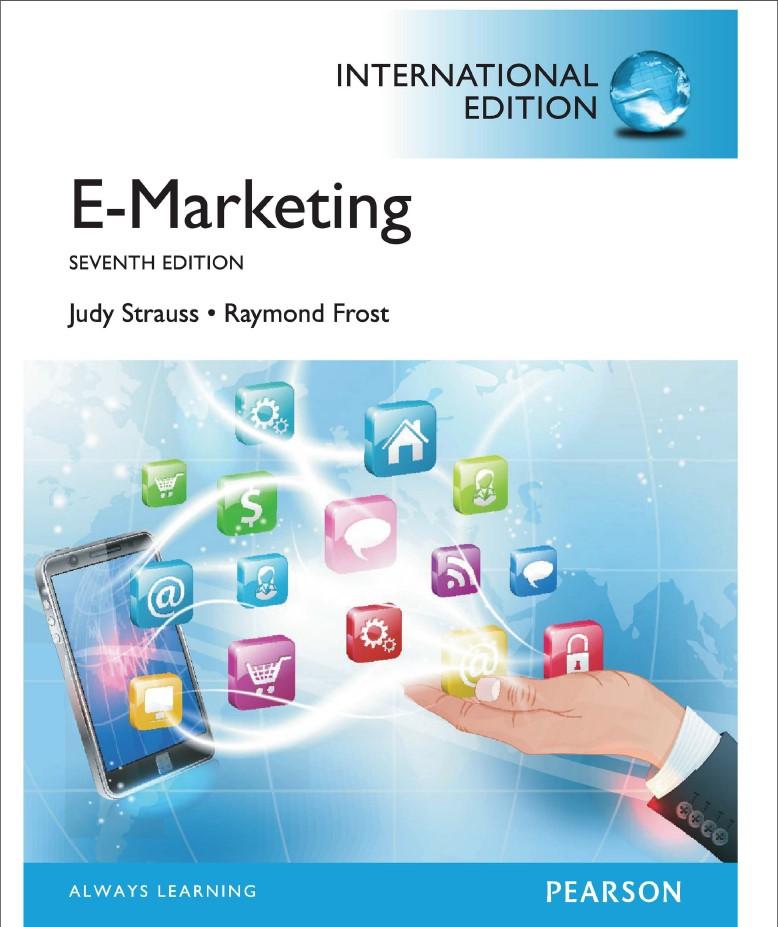Question
Consider a market where there are N rational traders. All of these traders have CARA preferences with risk aversion parameter . They are considering a
Consider a market where there are N rational traders. All of these traders have CARA preferences with risk aversion parameter . They are considering a stock that will pay a terminal dividend in the next period. The expected payoff of the dividend is $100 per share with a standard deviation of $10. Assume that the discount rate is zero. That is, don't worry about discounting future payoffs.
Also, there are M irrational traders. They each will own two shares of the stock no matter what the price.
a) If there are 10 shares of the stock available, what is the price of the stock as a function of , N and M? (7 points)
b) If M < 5, does an increase in risk aversion of the rational traders cause the equilibrium price to rise or fall? Explain the intuition of this result. (7 points)
c) If M > 5, does an increase in risk aversion cause the equilibrium price to rise or fall? Explain the intuition of this result. (7 points)
d) if M = 5, does an increase in risk aversion cause the equilibrium price to rise or fall? Explain the intuition of this result (7 points)
Step by Step Solution
There are 3 Steps involved in it
Step: 1

Get Instant Access to Expert-Tailored Solutions
See step-by-step solutions with expert insights and AI powered tools for academic success
Step: 2

Step: 3

Ace Your Homework with AI
Get the answers you need in no time with our AI-driven, step-by-step assistance
Get Started


